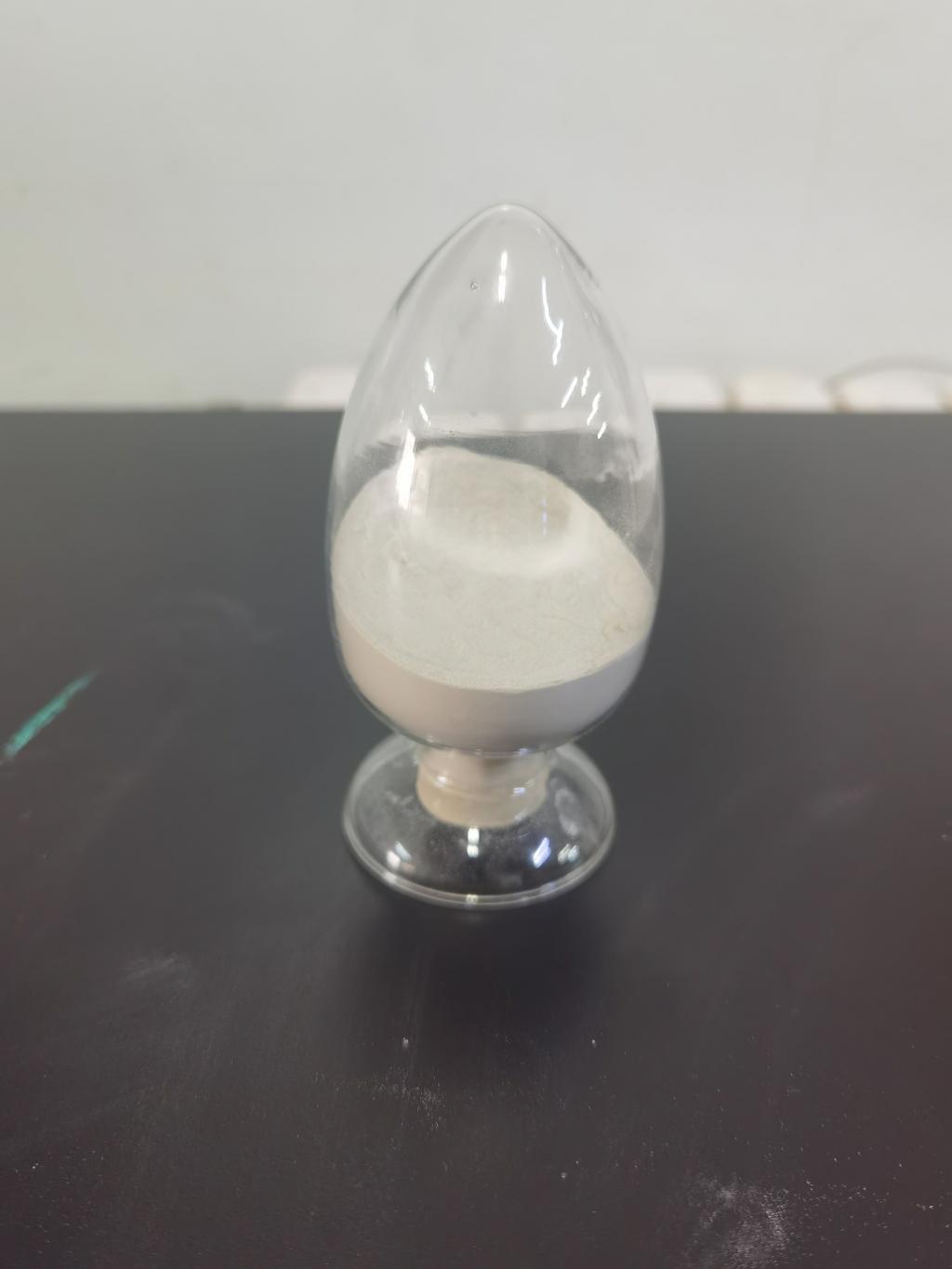Tel:0086 18231198596

News
Current Position:
Home >
News
>Nisin's Application in Military Rations: Ensuring Nutrition and Safety in the Field
Nisin's Application in Military Rations: Ensuring Nutrition and Safety in the Field
TIME:2024-01-31
I. The Evolution of Military Rations:
Throughout history, military rations have undergone significant transformations, reflecting advancements in food preservation, packaging, and nutritional science. From the traditional hardtack biscuits of yesteryears to the modern-day MREs (Meals, Ready-to-Eat), the focus has shifted towards providing convenient, nutritionally balanced, and long-lasting sustenance for soldiers in various operational environments.
II. Challenges in Military Food Supply:
Soldiers often operate in demanding conditions, including extreme temperatures, prolonged storage periods, and exposure to potentially harmful contaminants. These conditions pose challenges to maintaining the safety and nutritional quality of military rations. The need for efficient preservation methods that can withstand harsh environments without compromising nutritional content is paramount.
III. Nisin as a Natural Antimicrobial Preservative:
Nisin, derived from lactic acid bacteria, is renowned for its natural origin and potent antimicrobial properties. Its effectiveness against Gram-positive bacteria, including those responsible for food spoilage and foodborne illnesses, makes it a compelling option for preserving military rations. Unlike synthetic preservatives, Nisin aligns with the increasing preference for natural and clean label ingredients.
IV. Enhanced Food Safety in Military Rations:
The safety of military rations is a non-negotiable factor in ensuring the health and readiness of soldiers. Nisin's role in preventing the growth of harmful bacteria helps mitigate the risk of foodborne illnesses, a concern that becomes particularly critical during extended deployments or in situations where refrigeration is not readily available.
V. Retaining Nutritional Quality:
Preserving the nutritional content of military rations is equally crucial. The challenge lies in maintaining the integrity of essential vitamins, minerals, and macronutrients despite the processing and storage conditions. Nisin's targeted antimicrobial action allows for the preservation of nutritional quality without compromising the taste or texture of the food.
VI. Nisin in Combatting Spoilage:
Military rations are often subject to long storage periods, exposing them to the risk of spoilage. Nisin's ability to inhibit the growth of spoilage-causing bacteria extends the shelf life of these rations, ensuring that soldiers receive nutritionally sound meals even in challenging environments. This has practical implications not only for combat effectiveness but also for logistical planning and resource management.
VII. Practical Applications: Nisin in MREs and Field Rations:
The incorporation of Nisin into Meals, Ready-to-Eat (MREs) and other field rations has become a strategic approach to address the unique challenges faced by military food supply chains. Its application in various food items, including proteins, dairy products, and ready-to-eat meals, showcases the versatility of Nisin in preserving a wide array of food components.
VIII. Collaborative Research and Development:
The collaboration between food scientists, military nutritionists, and researchers has been instrumental in optimizing the use of Nisin in military rations. Ongoing studies focus on dosage optimization, compatibility with different food matrices, and the development of innovative packaging solutions to further enhance the efficacy of Nisin in challenging field conditions.
IX. Nisin's Potential Role in Humanitarian Aid:
Beyond military applications, Nisin's benefits in food preservation can extend to humanitarian efforts in disaster-stricken areas. The ability to provide safe and nutritious food supplies in remote locations, where traditional preservation methods may be limited, highlights the broader impact of Nisin in addressing global challenges related to food security.
X. Challenges and Future Considerations:
While Nisin has demonstrated its effectiveness in preserving military rations, challenges such as dosage precision, stability, and potential interactions with other components must be continually addressed. Ongoing research aims to refine these aspects, ensuring that Nisin remains a reliable and safe solution for military food preservation.
XI. Conclusion:
Nisin's application in military rations represents a significant leap forward in addressing the complex challenges associated with food safety and nutrition in the field. As the demands on military forces continue to evolve, so too will the importance of innovative preservation methods. Nisin's natural origin, potent antimicrobial properties, and versatile applications position it as a key player in the ongoing efforts to provide soldiers with nutritionally sound and safe sustenance, ultimately contributing to their overall health, well-being, and operational effectiveness in diverse and demanding environments.

 CONTACT
CONTACT




